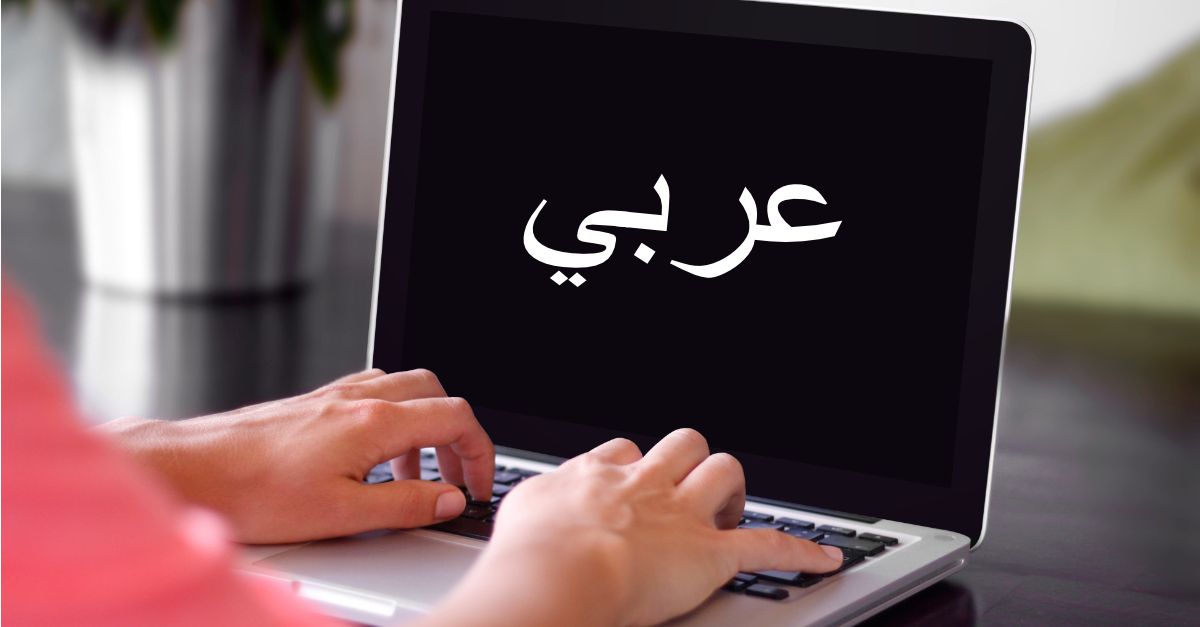A few months ago, I started a new journey that I have been looking forward to for several years: learning Arabic. It’s really hard, but I am having a blast exploring this beautiful language. I also get some exposure to culture along the way as I learn how the spoken language is used. Hebrew often comes to mind first for many of us when we think about what is spoken in the Holy Land, but most Christians there speak Arabic, along with Muslims.
In referring to the spoken language, I reveal an important detail. In my learning, I am focusing on a spoken dialect of Arabic rather than the standardized, literary language called Modern Standard Arabic used in mass media, print, and academia, for example. While it is widely understood, and it influences certain features of the dialects, Modern Standard Arabic is not the language of daily life and conversation. Ordinary people don’t speak it. Because I want to become conversational and eventually gain a working proficiency as a Holy Land travel professional, I am learning basic listening, speaking, reading, and writing in what is called the Levantine Arabic dialect.
Spoken Arabic dialects vary widely. There can be great differences between the language spoken in Morocco and in Iraq, for example. Gulf Arabic is different from Egyptian, which is different from Palestinian. Of course, these are dialects of a common language, but they vary significantly from region to region. Levantine Arabic gets its name from the “Levant,” which is a geographical term referring to the eastern Mediterranean region that includes Lebanon, Syria, Palestine, Israel, and Jordan. Southern Levantine is the sub-dialect spoken by most of the Arabic-speaking people that I know and work with in Palestine, Israel, and Jordan.
I am studying both on my own and with a native-speaking tutor who lives in Palestine. He pushes me pretty hard and holds a high standard, but he makes it real and keeps it fun. I know that I can’t acquire proper pronunciation and usage without help from a native speaker. In addition to making a new friend, I am blessed to have someone to field my never-ending barrage of questions. Anyone who really knows me is familiar with my insatiable curiosity when it comes to language, culture, the Holy Land, the Bible, and any topic related to these.
As an Old Testament professor with a degree in Hebrew Bible, I have a little bit of a head start because I am already familiar with how Semitic languages work. Arabic is part of that language family, so the grammar is familiar to me in many ways. I’m glad for that because I’ll take all the help I can get. However, it’s still a new language that is especially difficult for native English speakers to acquire. This will take a while. But so far, I find the journey filled with joy and growth. There is incremental progress!
I will keep you posted on how it’s coming. Wish me luck!


